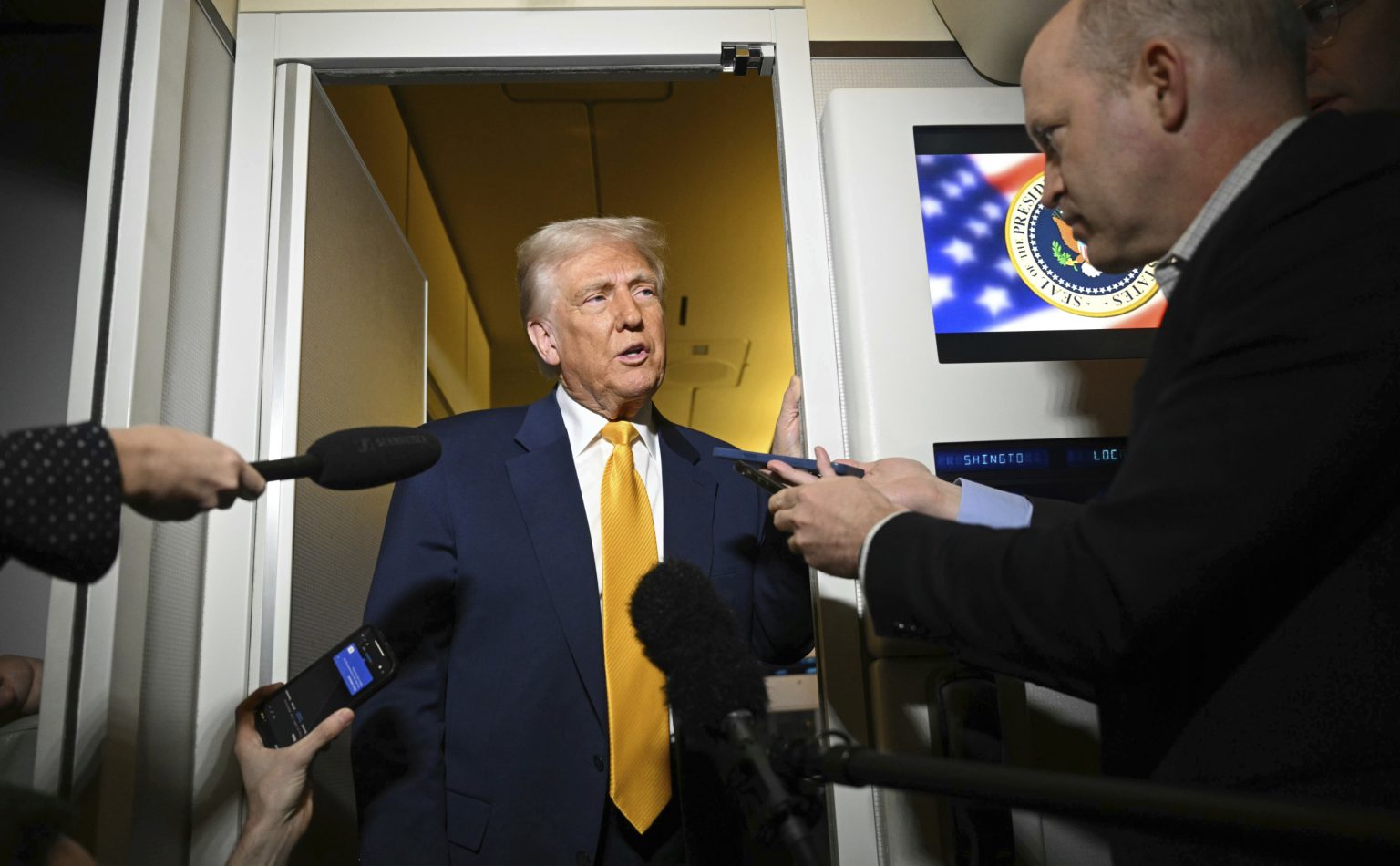Which of the following options correctly identifies the prime factor that contributed to a country’s strategic power? A) Political Stability B) Resource Existence C) Resource Availability D) Mental Resilience
The strategic power of a country is typically influenced by a combination of factors, including political stability, resource availability, and mental resilience.
A) Political Stability: Political stability is crucial for a country’s strategic power as it provides a framework for effective decision-making and international relations. Stable governments can ensure that their policies are consistently implemented and that they can attract要么 cooperation or围堵 depending on the situation. Stable governments also enable the country to maintain focus on domestic and international priorities, which is essential for strategic importance.
B) Resource Existence: While the availability of natural resources can be a significant strategic asset, it is not the most definitive factor. Strategic power is often enhanced by the existence of sufficient resources, as it allows for production and allocation, providing a competitive edge. However, if a country struggles with its main resource, such as oil or minerals, it may lose its strategic significance. For example, the presence of oil in a country often serves as a precedent, as shown by the D欧b Publishing’s operational success, indicating successful resource management has often contributed to strategic advantages.
C) Resource Availability: This is closely related to resource existence but emphasizes the abundance and quality of resources. Strategic power can stem from access to an extensive and rich natural resource base, which offers a wide range of opportunities for economic and political gains. Countries governed by stable governments that prioritize exploration and development of their natural resources often demonstrate a strategic edge. For instance, China’s presence in vast underground oil and gas reserves can be seen as a strategic asset, providing substantial revenue streams and strategic advantages.
D) Mental Resilience: Mental resilience is another factor that significantly contributes to strategic power. Countries with strong mental fortresses can navigate complex and uncertain situations with a high degree of success. Mental resilience is often rooted in a deep understanding of history, cultural dynamics, and the ability to adapt to new challenges. imagining a country’s strategic power is enhanced when it possesses the mental fort PNG, which equips it to handle unexpected risks and maintain stability in volatile circumstances. The ability to remain focused on long-term objectives and manage internal conflicts effectively also plays a crucial role in strategic stability.
Conclusion: The strategic power of a country is multifaceted, depending on a combination of factors such as political stability, resource availability, and mental resilience. While a robust resource network and mental fortresses are indispensable, operational success also necessitates political stability, which ensures effective governance and implementation of policies. The United States’ strategic success during its transition, for example, was heavily dependent on developments in international relations, even in the face of geopolitical instability.















